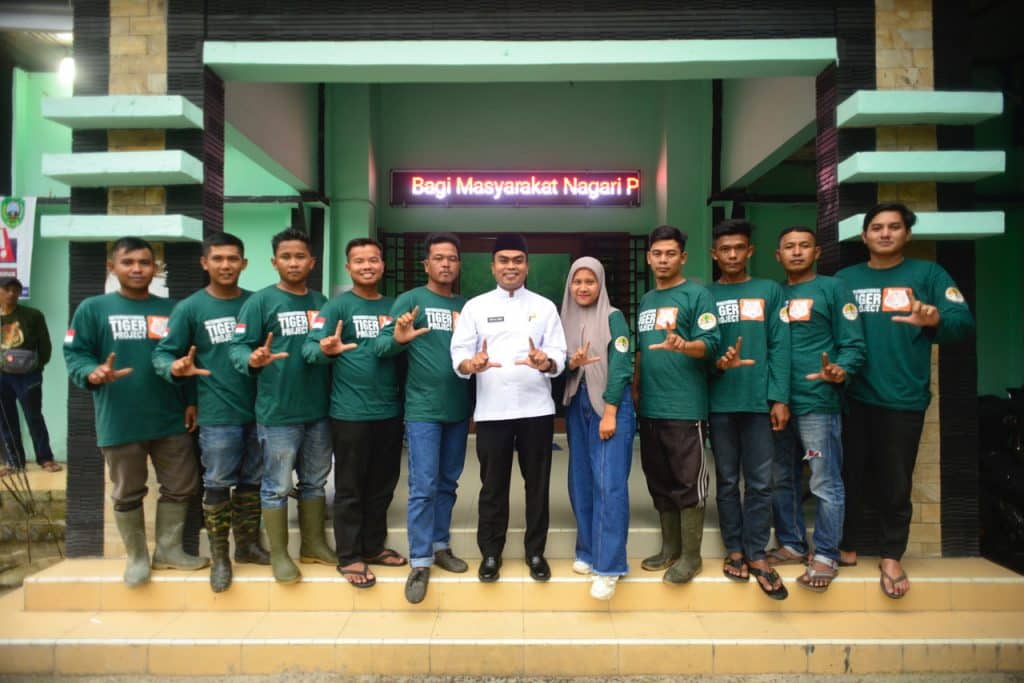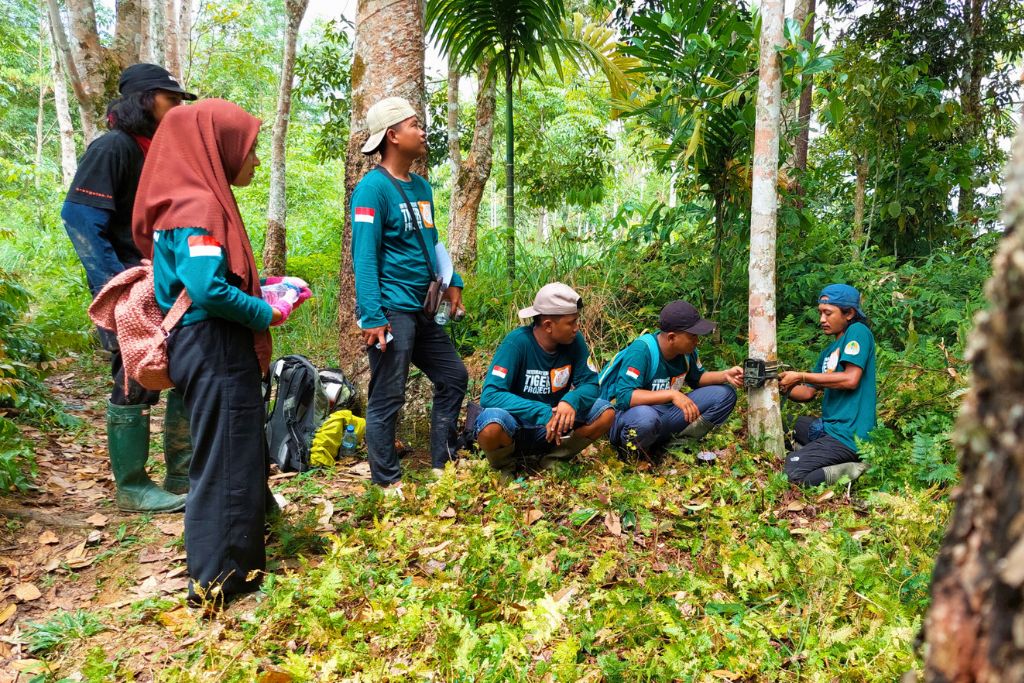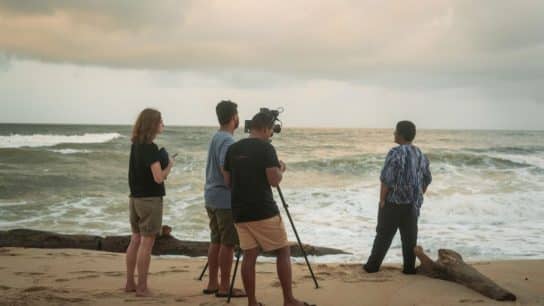In the heart of West Sumatra’s dense forests, Susi Oktaviana is challenging stereotypes as she steps into the frontline of the male-dominated world of tiger conservation.
—
In the peaceful village of Pagari Panti Selatan, a young woman is tackling tiger conservation and working toward a broader goal of gender equality in Indonesia’s workforce.
Meet Susi Oktaviana, the fresh face of the Animals, People & Environment (APE) Protector tiger patrol team. Equipped with an education degree and a fearless spirit, Susi’s journey into ranger life came somewhat serendipitously.
Her venture into a conservation fieldwork position was far from intentional. Initially assigned an administrative job, Susi quickly found herself unexpectedly thrust into the role of a departing male ranger. The unexpected shift was met with enthusiasm as Susi embraced the opportunity, turning a chance promotion into a barrier-breaking move.
“It was all accidental and just flowed,” she said of landing the APE Protector Team’s first female ranger role.
Collaborating with the Ministry of Environment and Forestry, the Tiger Team plays a pivotal role in the International Tiger Project’s mission to safeguard the Critically Endangered Sumatran tiger population through vigilant patrols and community education.
A 2021 study from Conservation Science and Practice on Indonesian women in conservation emphasises the need for diverse voices and perspectives in addressing biodiversity loss, revealing that some aspects of conservation work in Indonesia remain male-dominated, particularly fieldwork.
While Susi’s transition from administrative work into fieldwork was an exciting step for gender equality, it presented its own personal challenges, both physically and socially, for the young woman. As the sole woman in a male-dominated team, scepticism and physical hurdles were part of the package.
“Because I was the only woman on the team, my parents were a bit disapproving,” Susi candidly revealed.
“Physically, as a woman, I’m far inferior. I had difficulty walking quickly up steep hills,” she added, recounting that she “also had to learn to communicate with men,” as she was used to socialise only with women.
Yet, amid the difficulties, she discovered a strong support system within her fellow rangers.

The most enjoyable part of Susi’s unconventional role? “Having fun with the team and during the patrol, enjoying the beauty of nature while increasing knowledge.”
The aforementioned study on Indonesian women in conservation sheds light on the challenges faced by women pursuing conservation careers, revealing that early-career women predominantly cited a love of nature as their main motivator, while established career women discussed slowly improving gender norms and the importance of mentors throughout their careers.
As Susi navigates her unconventional role, her experiences mirror those shared by other women in the field, reinforcing the importance of addressing gender disparities in the conservation sector.
“I want to prove that women can actually do more with their lives as long as they have the will and think positively about themselves and their abilities,” she said.
“There are no barriers for women who want to work. Women, do what you want to do.”
Featured image: International Tiger Project
You might also like: 10 Women Leading the Fight Against Climate Change


















